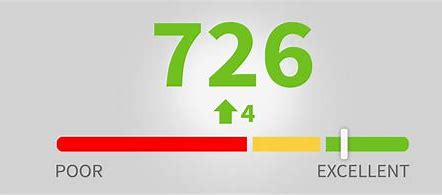Finding Your Credit Rating

Finding your credit rating can be an intimidating task, but for anyone hoping to purchase a home it is a necessary step. Your credit rating has a huge effect on the process of purchasing a home, from the types of lenders you will approach, to the type of loan you will get, to the interest rate you will be offered. So how can you find your credit rating, and how do you evaluate it?
Finding Your Credit Score
There are three major credit companies in the United States that offer you free access to your credit score—Experian, TransUnion, and Equifax. These companies can give you a detailed breakdown of your credit situation; however, don’t assume that each report will be identical. Since these reports are free, it is in your best interest to get all three to be sure that you are getting the complete picture.
Understanding Your Credit Score
When obtaining your credit report be sure that you request a consumer report. These reports are simplified and designed for the average consumer, and are less confusing than the reports which are sent to lenders. Your credit report will likely contain four sections, including personal information, credit history, public records, and inquiries.
Personal Information—When looking over the documents, first be sure that your personal information is accurate. There may be minor spelling mistakes in your name or address, for example, or information about previous loans from old addresses. Overall the information should be accurate, and contain no information which does not pertain to you, or looks as if it might be fraudulent.
Credit History—The second section of the report is the most important. This will include information about the credit accounts you hold with institutions that report to that particular agency. It should include the account numbers, the name of the creditor, the amount of the loan, the type, the rate, the outstanding amount, and the amount of any fixed payments you make. It will also include information about any credit accounts you may hold with other people. While each report may not be complete, it is important that what is included be accurate.
Public Records—This is the section that you prefer to be blank. It includes reports on such things as bankruptcies, judgments, and tax liens. Again, it is important that you ensure that this section is accurate.
Inquiries—This section includes information about any credit applications you have made or offers you have received. Overall, this section is usually ignored by potential lenders, but it is important to check it for accuracy.
